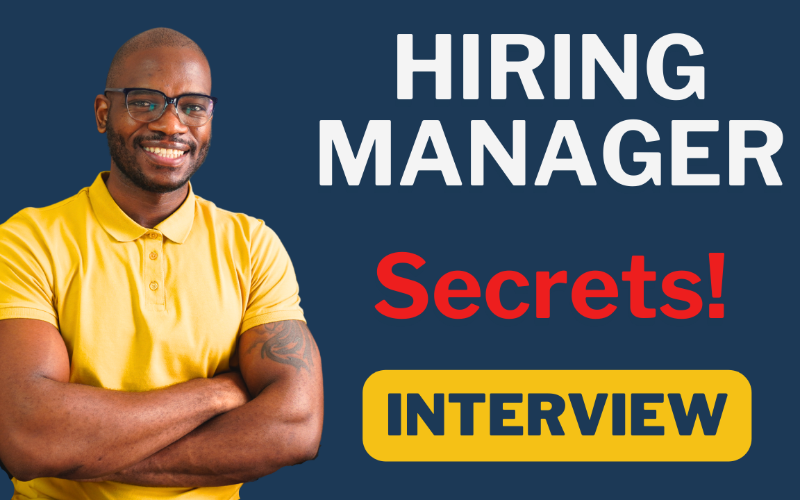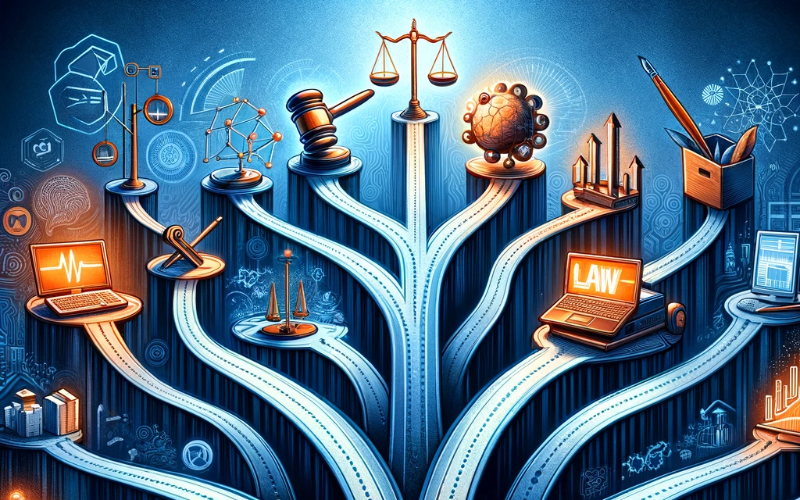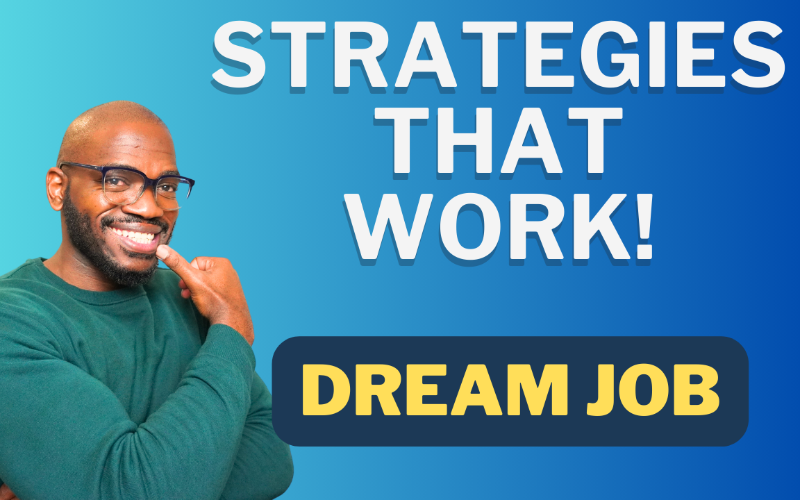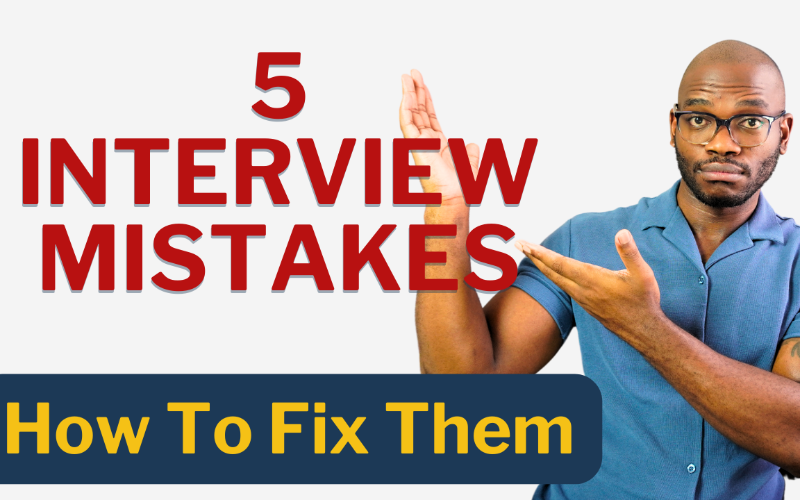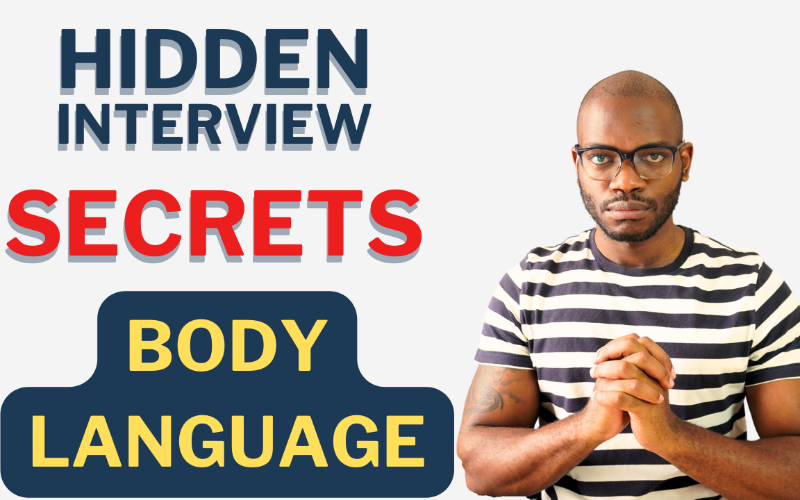In today's competitive job market, mastering the art of interviews is crucial for securing your dream job. Whether you're a seasoned professional or a recent graduate, understanding how to navigate common interview questions can significantly enhance your chances of success. In this guide, we'll delve into the top 10 interview questions and provide expert insights on how to answer them successfully. Let's embark on a journey to unravel the secrets of acing your next interview.
Understanding the Interview Process
Before we dive into specific questions, it's essential to grasp the overarching purpose of the interview process. Interviews serve as a dynamic tool for employers to assess not only your technical skills but also your personality, communication abilities, and cultural fit within the organization. By understanding the multifaceted nature of interviews, you can tailor your responses to showcase a holistic picture of yourself.
General Tips for Answering Interview Questions
Answering interview questions goes beyond memorizing scripted responses. It involves active listening, effective communication, and the ability to connect your experiences to the job requirements. Here are some general tips to keep in mind:
-
Active Listening: Pay close attention to the interviewer's question, ensuring you fully understand it before responding. This demonstrates your attentiveness and analytical skills.
-
Body Language: Non-verbal cues play a crucial role in communication. Maintain eye contact, sit up straight, and use gestures to convey confidence and engagement.
-
Building Confidence: Nervousness is natural, but confidence is key. Practice your responses beforehand to build familiarity and poise.
Now, let's delve into the specifics of the top 10 interview questions.
Common Interview Question 1: "Tell Me About Yourself"
The seemingly simple question, "Tell me about yourself," often catches candidates off guard. While it may sound like an invitation to share personal details, it's a strategic query designed to assess your communication skills and highlight relevant experiences.
Strategies for Crafting a Compelling Response
-
Be Concise: Keep your response focused on professional aspects. Briefly mention your current role, key achievements, and skills.
-
Relevance to the Job: Tailor your answer to align with the job requirements. Emphasize experiences and skills that make you a suitable candidate.
-
Conversational Tone: Avoid reciting your resume. Instead, adopt a conversational tone to engage the interviewer.
Example Response:
"I am a seasoned marketing professional with over five years of experience in developing and implementing comprehensive marketing strategies. In my current role at XYZ Company, I successfully increased brand visibility by 30% through targeted digital campaigns..."
Common Interview Question 2: "What Are Your Strengths and Weaknesses?"
This classic duo of strengths and weaknesses aims to reveal your self-awareness, humility, and ability to improve.
Identifying and Framing Strengths
-
Relevance to the Job: Align strengths with the job requirements. If the role demands strong analytical skills, highlight your proficiency in data analysis.
-
Provide Examples: Support your strengths with concrete examples of how they contributed to your professional success.
-
Avoid Clichés: Instead of generic terms, use specific and impactful words to describe your strengths.
Example Response (Strengths):
"One of my key strengths is my ability to analyze complex data sets and derive actionable insights. In my previous role, I led a team in implementing data-driven strategies that resulted in a 20% increase in customer engagement..."
Presenting Weaknesses as Areas for Growth
-
Choose a Genuine Weakness: Select a real weakness but one that doesn't directly impact the job you're interviewing for.
-
Highlight Improvement: Discuss steps you've taken or are taking to overcome this weakness. Showcase a commitment to continuous improvement.
-
Avoid Generic Answers: Steering clear of clichéd responses like "perfectionism" demonstrates authenticity.
Example Response (Weaknesses):
"I've recognized that I can be overly meticulous at times, which, while ensuring accuracy, sometimes leads to spending more time than necessary on certain tasks. To address this, I've implemented time management techniques..."
Common Interview Question 3: "Why Should We Hire You?"
This question provides an opportunity to showcase your unique value proposition and align your skills with the company's needs.
Aligning Skills and Experiences with Job Requirements
-
Research the Job: Prioritize skills and experiences that directly align with the job description. This demonstrates your understanding of the role.
-
Quantify Achievements: Whenever possible, quantify your achievements to provide tangible evidence of your impact.
-
Highlight Unique Qualities: Identify qualities that set you apart from other candidates and emphasize them.
Example Response:
"You should hire me because of my proven track record in project management, where I consistently delivered projects ahead of schedule and within budget. In addition to my technical skills, my ability to foster collaboration within cross-functional teams sets me apart..."
Common Interview Question 4: "Where Do You See Yourself in Five Years?"
While this question explores your long-term goals, it also assesses your commitment to the company and the alignment of your aspirations with the role.
Balancing Ambition with Realistic Career Goals
-
Demonstrate Ambition: Express your desire for professional growth and career advancement.
-
Align with Company Goals: Relate your goals to the company's vision, showcasing your commitment to contributing to its success.
-
Flexibility: Acknowledge that plans can change but emphasize your commitment to continuous learning and development.
Example Response:
"In five years, I envision myself in a leadership role where I can leverage my skills in strategy development and team management to contribute to the company's growth. I am committed to ongoing learning and professional development to align my goals with the evolving needs of the organization..."
Common Interview Question 5: "Can You Describe a Challenging Situation You Faced at Work and How You Handled It?"
This behavioral question assesses your problem-solving skills, resilience, and ability to learn from challenges.
Utilizing the STAR Method for Structured Responses
-
Situation: Set the context by describing the situation or challenge.
-
Task: Explain your role and responsibilities in addressing the challenge.
-
Action: Detail the specific actions you took to overcome the challenge.
-
Result: Conclude with the positive outcomes and lessons learned.
Here's a comprehensive guide on answering behavioral interview questions: How to Prepare for Behavioral Job Interviews
Example Response:
"In a previous role, our team faced a tight deadline for a critical project. The challenge was exacerbated by unexpected technical issues. As the project lead, I quickly assessed the situation (Situation), delegated tasks to team members based on their strengths (Task), implemented solutions to resolve technical issues (Action), and ultimately, we delivered the project ahead of schedule, receiving commendation from senior management (Result)..."
Common Interview Question 6: "How Do You Handle Stress and Pressure?"
This question probes your coping mechanisms and resilience, essential qualities in demanding work environments.
Presenting Coping Mechanisms and Stress Management Strategies
-
Highlight Positivity: Emphasize your ability to maintain a positive mindset under pressure.
-
Effective Time Management: Discuss how you prioritize tasks and manage time efficiently during stressful situations.
-
Learning from Challenges: Share instances where you turned stress into an opportunity for growth.
Example Response:
"I thrive under pressure by maintaining a calm and focused approach. I prioritize tasks based on urgency and importance, ensuring effective time management. Additionally, I view challenging situations as opportunities for growth and learning, which helps me maintain a positive mindset and contribute to effective problem-solving..."
Common Interview Question 7: "What Are Your Salary Expectations?"
Navigating the salary discussion requires a delicate balance between realistic expectations and showcasing your value.
Conducting Thorough Research on Industry Salary Standards
-
Research Comparable Roles: Use industry reports and online resources to understand the salary range for similar positions.
-
Considering the Overall Compensation Package: Look beyond base salary and consider benefits, bonuses, and other perks.
-
Expressing Flexibility: Demonstrate flexibility while having a realistic salary range in mind.
Here's a comprehensive guide on salary negotiation: How to Negotiate Your Salary Like a Pro: Effective Techniques
Example Response:
"I've conducted thorough research on industry standards for this role, and based on my experience and the responsibilities outlined, I believe a competitive salary would be in the range of [provide a range]. I am also open to discussing the overall compensation package, including benefits and other incentives..."
Common Interview Question 8: "How Do You Handle Constructive Criticism?"
This question assesses your ability to accept feedback, learn from it, and continuously improve.
Embracing a Growth Mindset and Openness to Feedback
-
Genuine Self-Reflection: Acknowledge that constructive criticism is an essential part of professional development.
-
Learning and Improvement: Share instances where you applied feedback to enhance your skills or work performance.
-
Showcasing Adaptability: Emphasize your willingness to adapt based on feedback to contribute positively to the team.
Example Response:
"I view constructive criticism as a valuable opportunity for growth. I actively seek feedback to identify areas for improvement and continuously enhance my skills. In a previous role, after receiving feedback about refining my presentation style, I enrolled in a public speaking course, leading to significant improvements in my communication skills..."
Common Interview Question 9: "Tell Me About a Time When You Demonstrated Leadership Skills."
This behavioral question gauges your leadership abilities and how you apply them in real-world scenarios.
Identifying and Showcasing Leadership Experiences
-
Highlight Collaborative Leadership: Emphasize instances where you led a team to achieve collective goals.
-
Quantify Impact: Provide specific examples of how your leadership positively influenced outcomes.
-
Illustrate Problem-Solving: Showcase your ability to navigate challenges and make informed decisions.
Example Response:
"In my previous role, I led a cross-functional team in implementing a new project management system. By fostering collaboration and leveraging the strengths of each team member, we not only successfully implemented the system but also streamlined project workflows, resulting in a 15% increase in overall efficiency..."
Common Interview Question 10: "Do You Have Any Questions for Us?"
This concluding question allows you to showcase your genuine interest in the company and the role.
Importance of Preparing Thoughtful Questions
-
Research Company Culture: Inquire about the company's values, workplace culture, and expectations.
-
Team Dynamics: Ask about the team structure, collaboration, and how teams contribute to the company's success.
-
Future Plans: Seek insights into the company's future plans and how the role aligns with its growth trajectory.
Example Questions:
-
"Can you provide more insights into the company's approach to professional development and continuous learning?"
-
"How would you describe the team dynamics and collaboration within the department?"
-
"Can you share any upcoming projects or initiatives the company is planning?"
Conclusion
As we conclude this comprehensive guide on the top 10 interview questions and how to answer them successfully, remember that interview preparation is an ongoing process. Each question offers a unique opportunity to showcase your skills, experiences, and personality. By adopting a strategic approach, practicing responses, and staying authentic, you'll be well-equipped to navigate any interview scenario. Best of luck on your journey to interview success!

